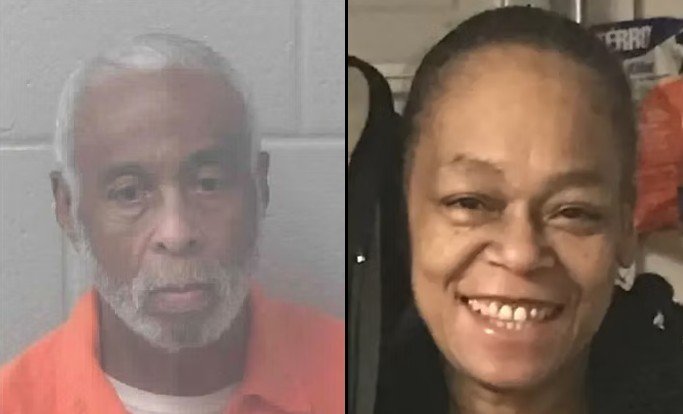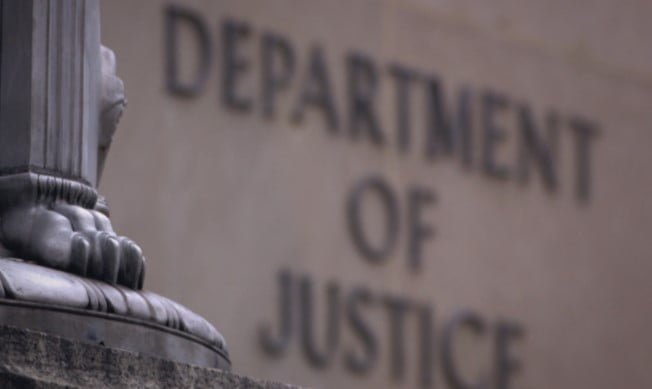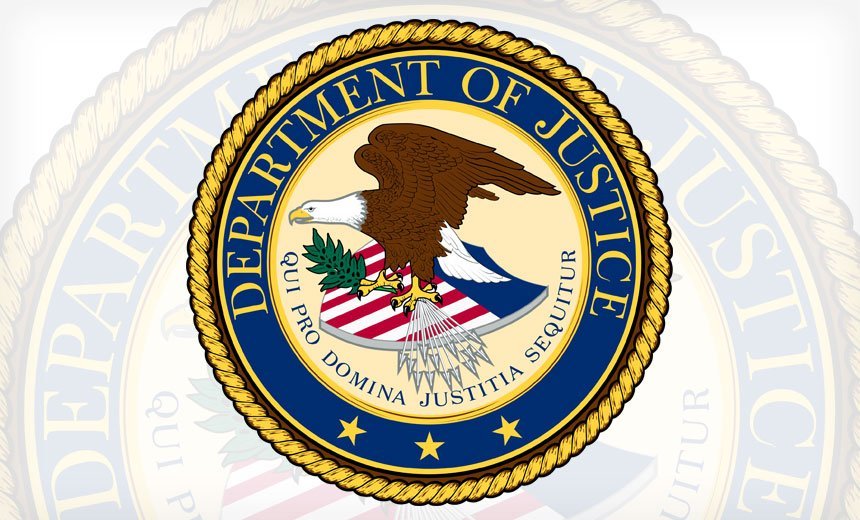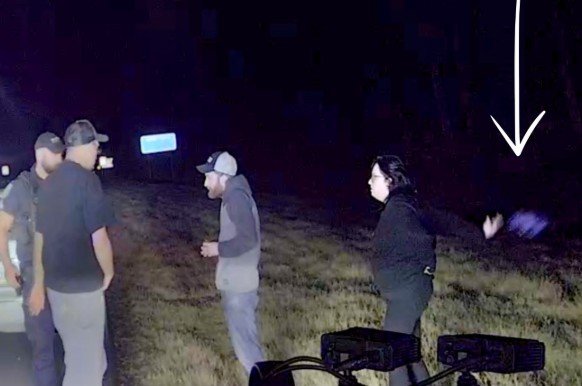Court Overturns Disorderly Conduct Conviction in Valdosta Dental Office Incident

In a significant legal ruling, the Georgia Court of Appeals has reversed the disorderly conduct conviction of Tony Daniels following a bench trial related to an altercation at a Valdosta dental office. The case, Daniels v. State, stemmed from an incident on June 29, 2023, involving Dr. Brett Hester, where Daniels was mistakenly granted an appointment due to a clerical error, despite having previously filed a fraudulent claim against the dentist for a crown replacement.
On the day of the incident, Daniels arrived at the dental office and was confronted by Dr. Hester, who attempted to escort him out after realizing the appointment was granted in error. The encounter escalated as Daniels insisted that he not be touched and began filming the confrontation with his cell phone. During this altercation, a portion of Daniels’ saliva landed on Dr. Hester’s face, which added to the tension of the situation.
Three videos from the incident were presented as evidence during the trial. In the first video, after receiving paperwork from the dentist and being escorted to the door, Daniels turned to leave while saying, “Have a good day, sir.” At that moment, Dr. Hester leaned towards Daniels and responded, “If you ever show up here again, I’ll beat the f*** out of you.” This exchange was captured on film and set the stage for the ensuing conflict.
As Daniels moved away from the office, a struggle broke out when Dr. Hester allegedly attempted to take Daniels’ phone, leading to Daniels grabbing the dentist’s shirt and ripping it, exposing his upper chest. Following the confrontation, the dental staff called 911, and upon police arrival, Daniels was found standing in the street and was asked to calm down, which he refused, resulting in his arrest.
In court, Daniels was convicted of simple battery and disorderly conduct. However, he appealed the disorderly conduct charge, arguing that the evidence was insufficient to prove he had used “fighting words” as defined by Georgia law. Under OCGA § 16-11-39 (a) (3), disorderly conduct involves using opprobrious or abusive words that incite an immediate breach of peace.
During the appellate review, the court noted that both Dr. Hester and a responding officer could not recall the exact words Daniels had used during the confrontation. Although the officer confirmed that Daniels had used profanity, there was no evidence showing that he directed any specific fighting words at the dentist. The only instance of Daniels using foul language occurred when he distanced himself from the dentist and recounted the threat made against him.
Ultimately, the court found that the statements made by Daniels did not constitute fighting words and emphasized that circumstances alone do not elevate harmless words to fighting words. Furthermore, the court highlighted that it was Dr. Hester who had initiated the threat of violence before the physical altercation. As such, the Court of Appeals concluded that the evidence did not support the disorderly conduct conviction and reversed it, underscoring the complexities involved in legal definitions of speech and conduct in potentially volatile situations.






